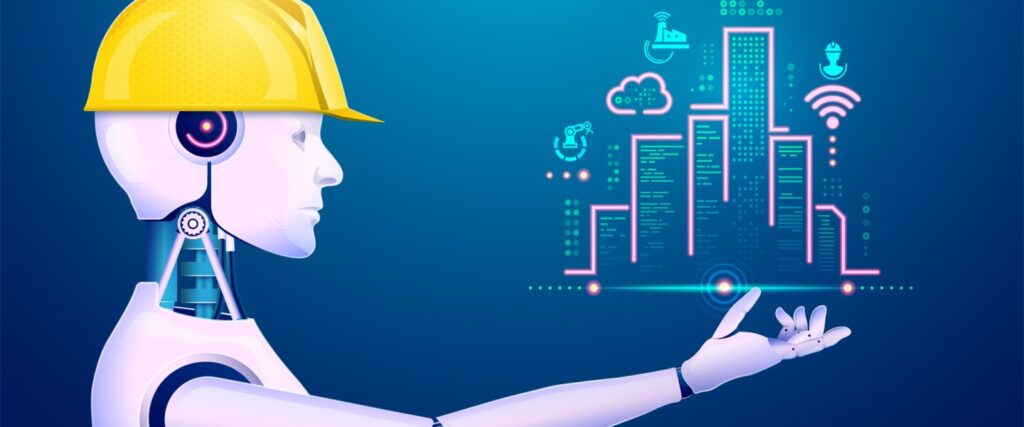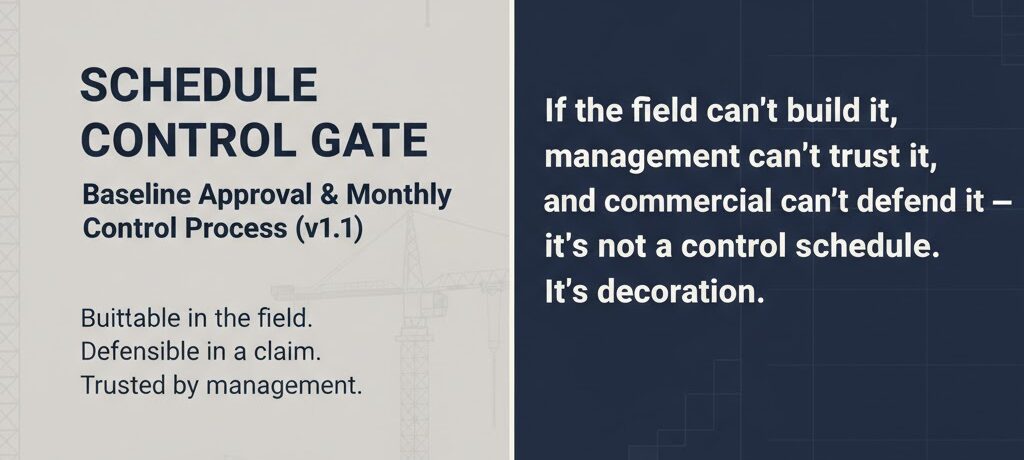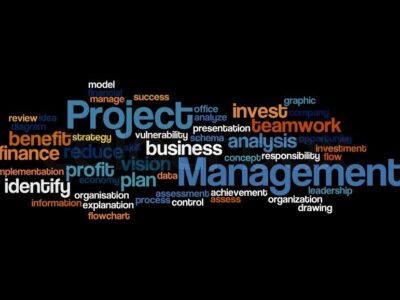
Artificial intelligence (AI) has the potential to revolutionize the construction industry by improving efficiency, reducing costs, and increasing the accuracy of project controls. In the future, AI-powered systems will be able to assist with tasks such as project planning, scheduling, and cost estimating.
Project Scheduling
One area where AI can be particularly useful is in project scheduling. AI-powered scheduling systems can analyze large amounts of data and identify potential delays or bottlenecks in the construction process. This allows construction managers to anticipate and address issues before they become major problems.
Currently, some companies are already using AI-powered scheduling software, such as Oracle’s Primavera EPPM and Oracle Construction Intelligence Cloud Service and Deltek Acumen, which can automatically generate construction schedules based on input data, like resource availability and task dependencies.

Cost Estimating
Another area where AI can be beneficial is in cost estimating. AI-powered systems can analyze data on past projects and identify patterns that can be used to estimate costs for future projects. This can help construction companies to more accurately budget for projects, reducing the risk of cost overruns.
An example of current AI usage in cost estimating is Xactware, a software that uses AI to create cost estimates for damages caused by natural disasters. The software uses data from past claims and building codes to produce accurate estimates in real-time, which can help insurance adjusters to process claims more efficiently.

Safety
Construction sites are inherently dangerous places, with a variety of hazards that can cause serious injuries or even death. To ensure the safety of workers, it is important to monitor construction sites and identify potential hazards. One way to do this is by using AI-powered cameras.
One company that provides this type of solution is SafeSite. SafeSite’s construction site monitoring solution uses AI-powered cameras and analytics software to identify potential safety hazards, such as workers not wearing proper PPE or equipment not being used correctly. The system can also detect when workers are not following proper safety protocols, and alert supervisors in real-time, allowing them to address the issue immediately.
By using AI-powered cameras to monitor construction sites, construction companies can improve safety, reduce the risk of accidents, and ensure compliance with safety regulations. Additionally, the company can use the data collected to identify patterns and trends that can help to improve safety in the long term.

Building Maintenance and Operation
In addition, AI can be used for building maintenance and operation. Building Management Systems (BMS) that use AI can optimize energy consumption, detect and predict equipment failures, and schedule maintenance tasks.
One example is Siemens’ Desigo CC building management system, which uses AI to optimize energy consumption in real-time by adjusting HVAC and lighting systems based on occupancy and weather conditions.

Overall, the future of AI in construction and project controls looks very promising. As technology continues to advance, we can expect to see more and more construction companies using AI to improve efficiency, reduce costs, and increase the accuracy of project controls.
References:



Note: Comments are moderated to prevent spam. Your comment will appear after approval.